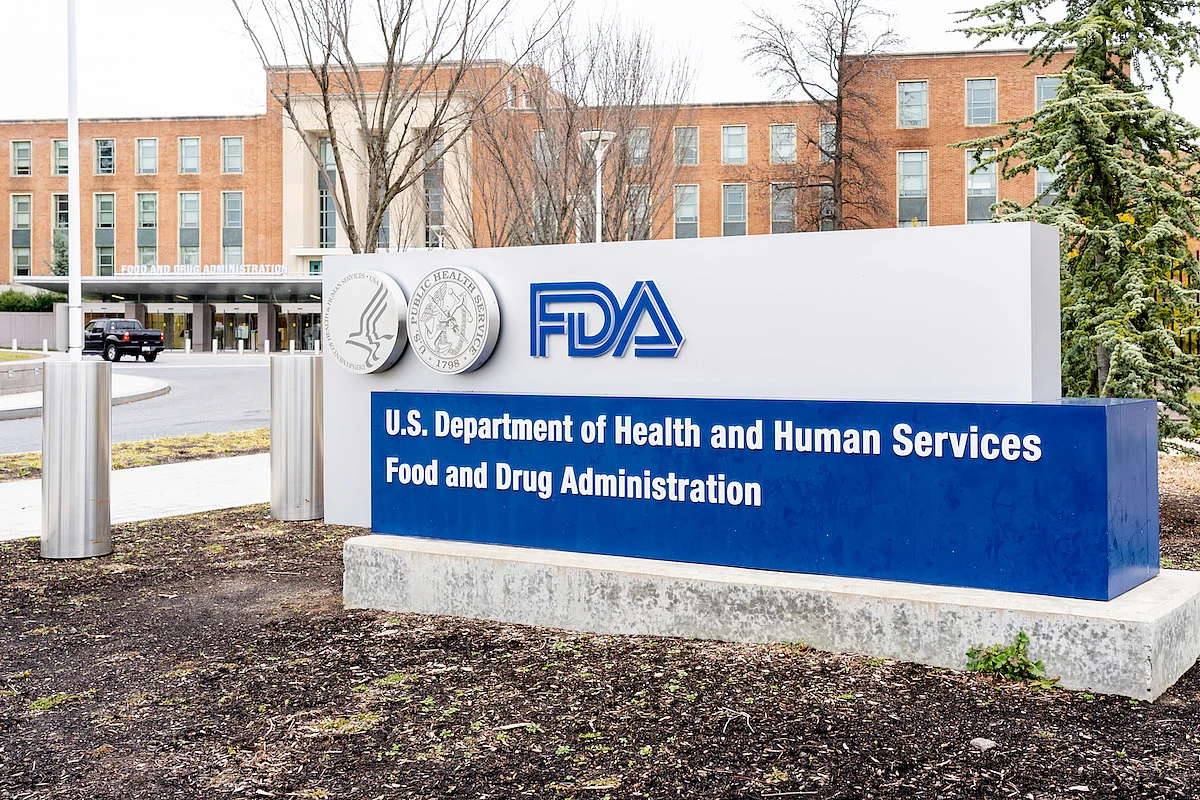
Artificial intelligence (AI) programs can help doctors and nurses predict hours earlier which ER patients will likely require hospital admission, a new study says. An AI program trained on nearly 2 million patient visits became slightly more accurate than ER nurses in predicting which patients would need to be admitted, according to findings published Aug.… read on > read on >










.jpg)






